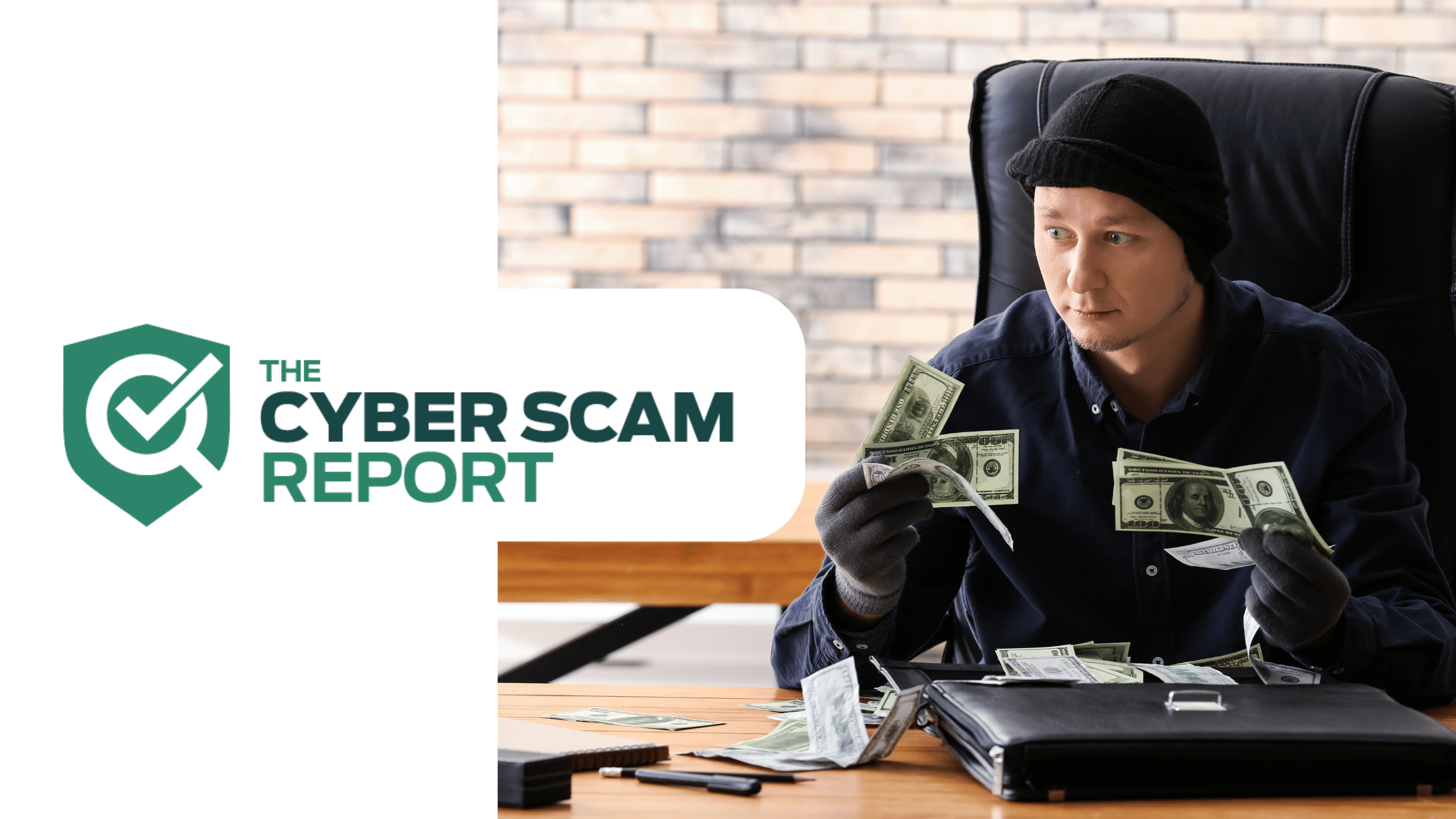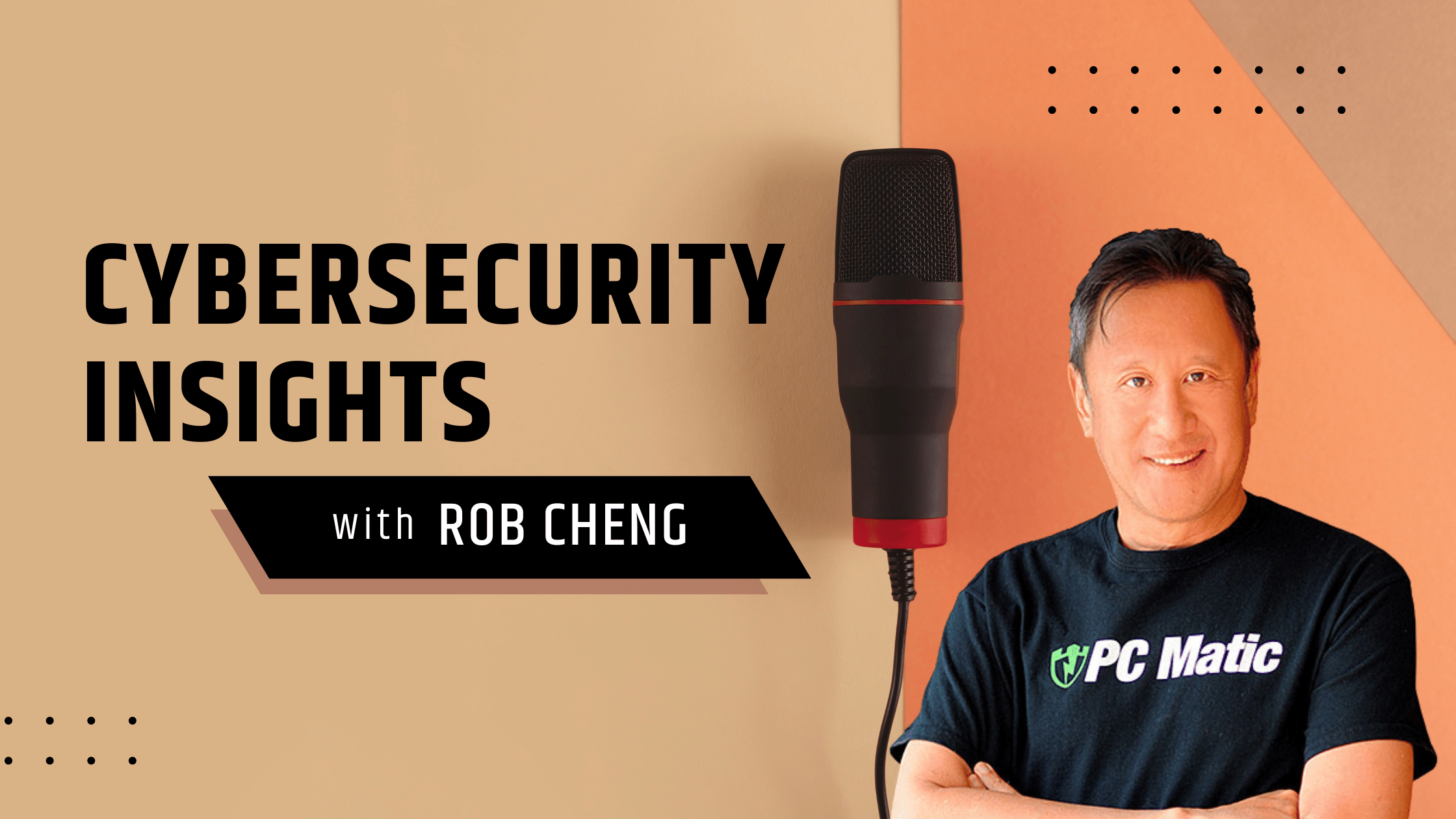In a recent in-depth discussion, a renowned cybersecurity expert, Dr. Arun Vishwanath with the Cyber Hygiene Academy, shared insights into the evolution of his career and the pressing issues in the field of cybersecurity. The conversation spanned foundational research, advocacy, and the urgent need for practical solutions in today’s digital landscape. Here are the key highlights from this enlightening discussion.
Three Phases of Dr. Vishwanath’s Cybersecurity Career
1. Fundamental Knowledge Contribution:
Dr. Vishwanath began his career as a tenured professor, focusing on social engineering and deception online. Long before terms like “phishing” and “Nigerian scam” became mainstream, he pioneered research and disseminated knowledge globally. For nearly 20 years, Arun studied how deception operates across various platforms, including social media and email. This extensive research laid the groundwork for understanding the methods and impacts of online deception.
2. Advocacy and Awareness:
Recognizing the early signs of growing cyber threats, Dr. Vishwanath transitioned to advocacy. A pivotal moment in his career was the 2014 Sony Pictures hack, a significant event that underscored the vulnerability of even the most technologically advanced organizations. This incident prompted Arun to write about it for CNN, highlighting the broader implications of such breaches. His advocacy efforts included writing extensively on emerging threats like ransomware and speaking to various audiences, including policymakers, educators, and military institutions, about the critical need for cyber hygiene and education. Arun emphasized that society remains vulnerable to increasingly sophisticated cyber attacks without proper awareness and education
3. Creating Solutions:
Despite years of advocacy, Dr. Vishwanath realized that merely identifying and discussing problems was insufficient. He emphasized the lack of progress in integrating cybersecurity into K-12 education, noting that many schools are ill-equipped to teach effective cyber hygiene. Motivated by personal experiences as a parent, Arun shifted focus to developing practical solutions to ensure children are educated about cybersecurity. This phase of Arun’s career is dedicated to creating and implementing educational programs that can be easily adopted by schools to foster a generation that is well-versed in cybersecurity practices.
The Role of Education in Cybersecurity
The conversation highlighted the inadequacies of the current educational system in addressing cybersecurity. Dr. Vishwanarth argued that while some states like Virginia and North Dakota have initiated programs to teach cyber hygiene, these efforts are not widespread or comprehensive enough. He drew a parallel to sex education, questioning whether parents and schools are equipped to handle these crucial discussions. Arun stressed that early education is key to building a strong foundation in cybersecurity, much like foundational education in reading and math.
Involvement of the Private Sector
Dr. Vishwanath argued that the private sector must play a significant role in addressing cybersecurity education. He cited the Cyber Hygiene Academy as an example of initiative aimed to bridge the gap left by the educational system. The involvement of organizations is crucial to creating comprehensive solutions that can protect the next generation. Private-sector partnerships can provide resources, expertise, and innovative approaches that are often beyond the reach of public education systems.
Addressing Sextortion and Digital Safety
A notable part of the discussion focused on the alarming trend of sextortion among young people. The expert pointed out that today’s generation, more than any before, is vulnerable to such threats due to their extensive digital footprint. Dr. Arun Vishwanath emphasized the need for education starting as early as kindergarten, teaching children about the dangers and responsibilities of their digital interactions. He highlighted that without early and consistent education, children are at risk of falling prey to online predators and manipulative schemes.
Strategies for Effective Cybersecurity Education
Arun shared several strategies for improving cybersecurity education:
Curriculum Integration:
Cybersecurity concepts should be integrated into existing subjects rather than treated as separate topics. For example, lessons on online safety can be included in health or social studies classes.
Teacher Training:
Educators equipped with the knowledge and tools to teach cybersecurity effectively. Professional development programs can help teachers stay updated on the latest cyber threats and best practices.
Parental Involvement:
Parents play a crucial role in reinforcing cybersecurity practices at home. Workshops and resources can help parents understand the digital risks their children face and how to mitigate them.
Public-Private Partnerships:
Collaboration between schools, government agencies, and private companies can provide the necessary resources and expertise to implement comprehensive cybersecurity education programs.
Conclusion
The conversation underscored the complexity and urgency of cybersecurity education. Dr. Arun Vishwanath’s journey from research to advocacy and solution-building offers a roadmap for addressing these challenges. He called for a unified approach that involves educators, policymakers, and the private sector to create a safer digital future.
To watch the full replay of this insightful conversation here.




